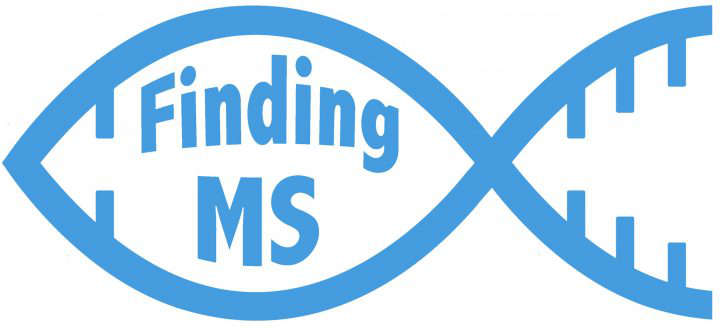FindingMS

An integrated approach to the prediction of disease activity in the early phases of multiple sclerosis

Using international (EU) and national funding, ERA-PerMed is a funding scheme to promote intra-European cooperation as well as collaboration with non-EU partners to develop novel approaches to personalized medicine.
This is a collaborative research project under the funding scheme of ERAPerMed (European Research Area, Personalized Medicine), 1st Joint Transnational Call for Proposals from 2018. Participants are (1) the IRCCS Ospedale San Raffele (OSR), Milan, Italy (coordinator), (2) the Centre Hospitalier Universitaire de Toulouse, France, (3) the National Research Council – Institute of Biomedical Technologies, Milan, Italy, and (4) geneXplain GmbH.
The focus of this research project is Multiple Sclerosis (MS), an autoimmune disorder of the central nervous system characterized by inflammation, demyelination and axonal degeneration. It is a disabling disorder affecting more than 2 million people worldwide with a high socio-economic impact. Given its marked heterogeneity, including clinical manifestations and individual treatment response, MS is a typical condition where a more personalized intervention would be highly beneficial.
The project can take advantage of an already available well-characterized cohort of more than 4500 MS patients. Of them, a subset of 300 patients will be extensively studied at the molecular level by performing a comprehensive “omics” profiling covering transcriptome, miRNome and methylome, together with vitamin D measurements.
Omics data will be integrated using genome-scale biological networks to yield modules of altered genes and unravel the molecular mechanisms underlying disease activity. We will then design a predictive algorithm of disease activity based on Deep Learning models suitable for personalized medicine applications in clinical practice. It is expected that the findings from the present project will enable a more tailored use of currently available drugs. This more personalized MS management will allow to improve quality of life and to slow disability progression, in turn reducing health system costs.
GeneXplain’s contribution to the project includes to develop and apply advanced AI-based algorithms for the analysis of the regulatory regions of signature genes identified by the partners. The insights from this analysis will be integrated into a comprehensive model of the molecular network that characterizes the disease phenotype. GeneXplain’s proprietary Upstream Analysis approach will help identify potential molecular master regulators of the disease and its progression. With the help of specific graph algorithms, positive feedback loops will be searched in the molecular disease network that push the affected cells irreversibly into the disease state. With this, geneXplain will significantly contribute to the final result of the project, a computational platform for improved diagnosis of Multiple Sclerosis.
